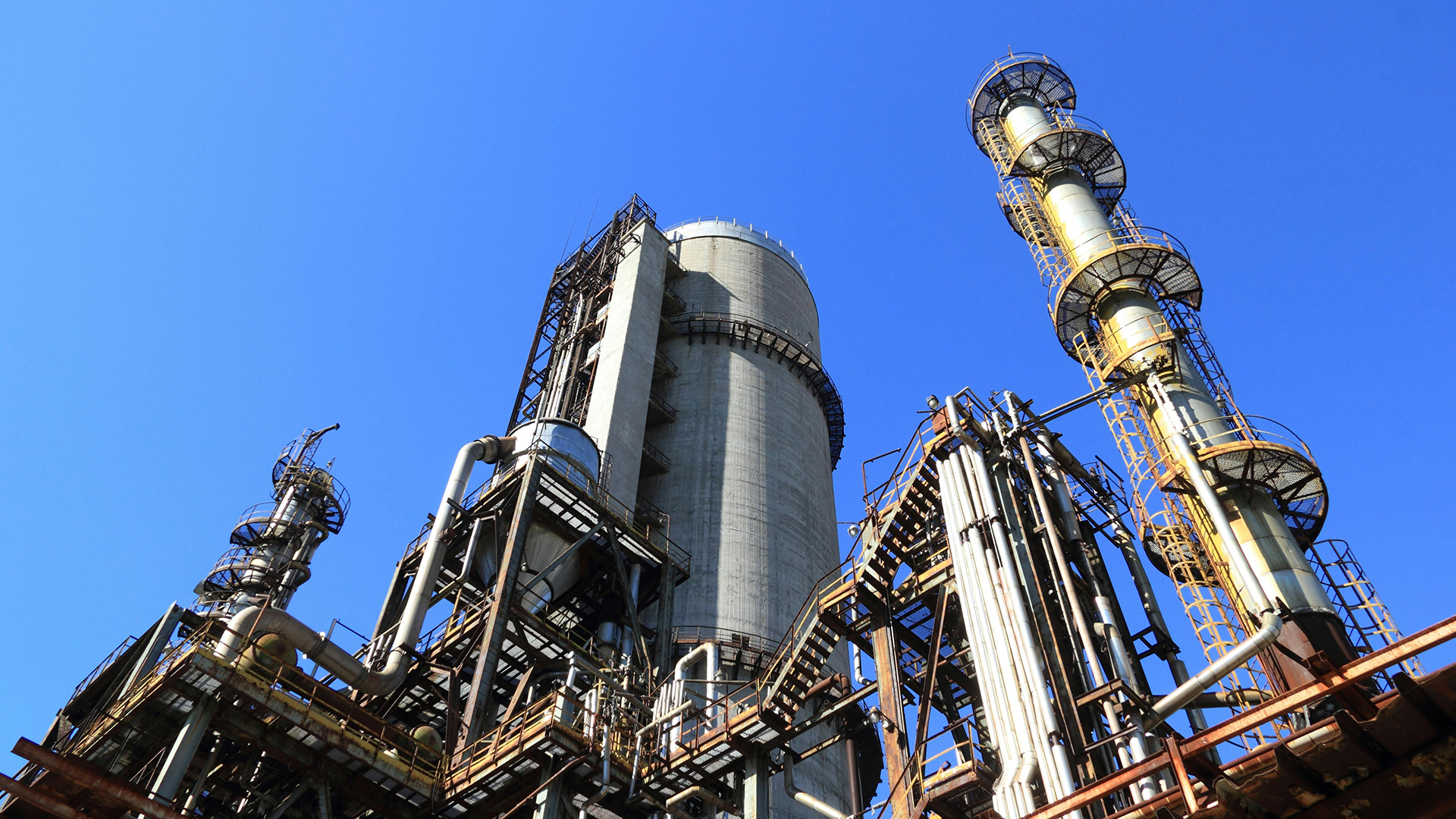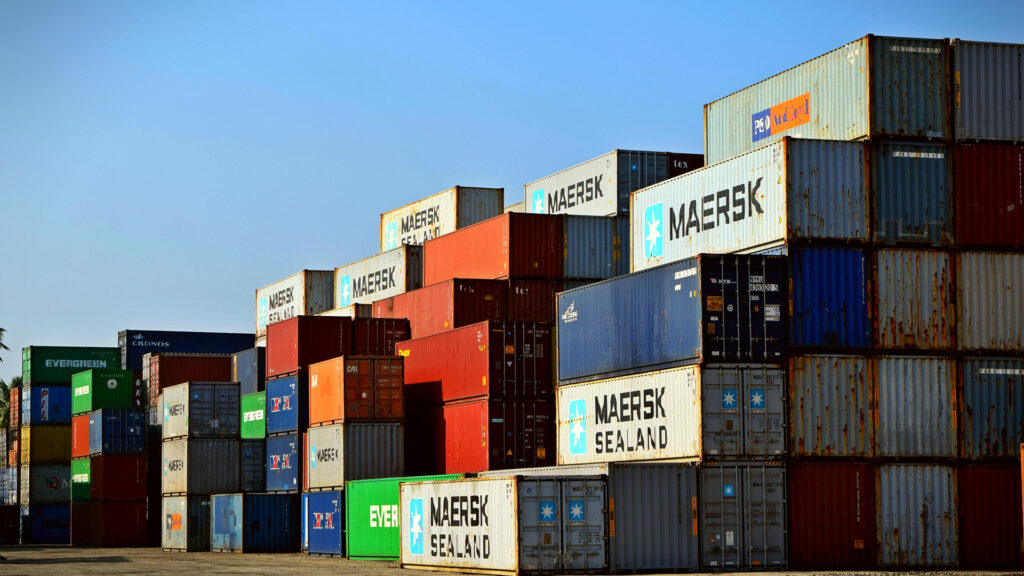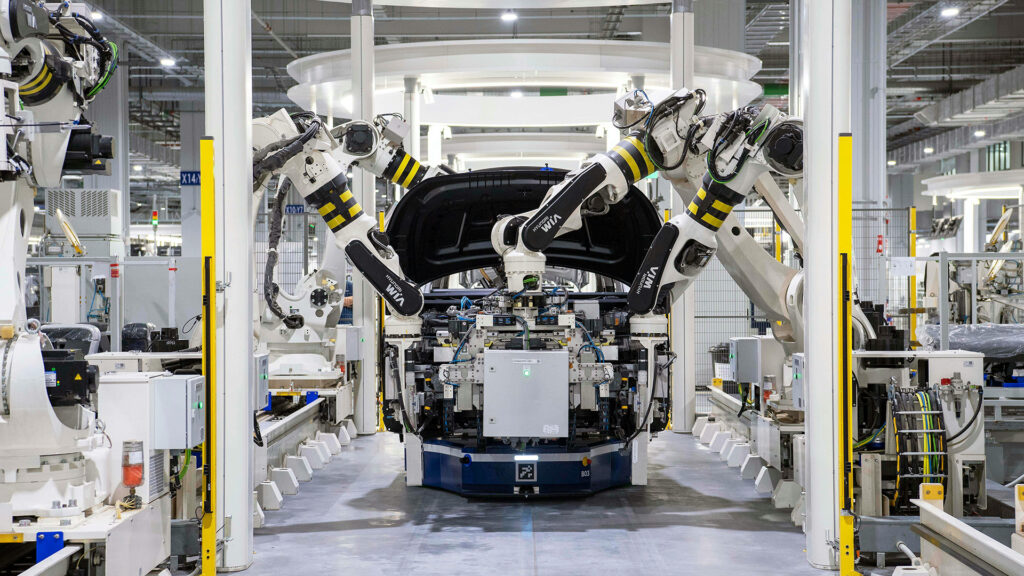A recent development from the European Union, the Carbon Border Adjustment Mechanism (CBAM), significantly impacts businesses involved in producing, importing, or exporting specific goods, such as cement, iron, steel, aluminum, fertilizers, electricity, and hydrogen (referred to as CBAM Goods) to the EU.
CBAM, often referred to as a carbon tax, represents a new approach to determining customs duties at EU borders based on the carbon dioxide emissions associated with imported goods. It aims to align the carbon footprint of imported goods with EU standards by requiring producers or exporters to monitor their carbon emissions. These reports will determine additional fees that EU importers must cover to offset the environmental impact.
CBAM unfolds in two stages. During the transitional phase, which runs from October 1, 2023, until December 31, 2025, affected companies are subject to a reporting obligation but no financial obligation. Notably, starting in 2025, the calculation of these emissions must align strictly with EU methodology. From January 1, 2026, mandatory registration will begin; only registered companies will be allowed to import CBAM Goods, and financial implications will take effect. Importers must acquire CBAM certificates to cover the carbon footprint of their products, with possible deductions for any carbon pricing already applied in the country of production. Following the implementation of CBAM, the EU Commission plans to extend the scope of application to all sectors subject to EU emissions trading by 2030.
Recommended Actions
- Determine whether your company’s goods are affected by CBAM. Is your company importing CBAM Goods into the EU? Is your company exporting CBAM Goods to the EU?
- Prepare for inquiries from EU importers regarding the embedded emissions of your CBAM Goods. If your products serve as precursors for manufacturing other CBAM Goods, you may also receive requests for embedded emissions data. It’s essential to develop a robust and compliant monitoring methodology for your operations as soon as possible.
- Review and amend your existing contracts to incorporate obligations related to CBAM compliance, including data tracking requirements, with your customers and suppliers.
US companies handling CBAM Goods are responsible for accurately monitoring and reporting the embedded emissions of their exported goods to the EU importer at a product level. This includes managing direct and indirect emissions through a new, detailed reporting framework. Additionally, US companies are advised to consider this regulation when refining their manufacturing processes to enhance competitiveness in the EU market.







